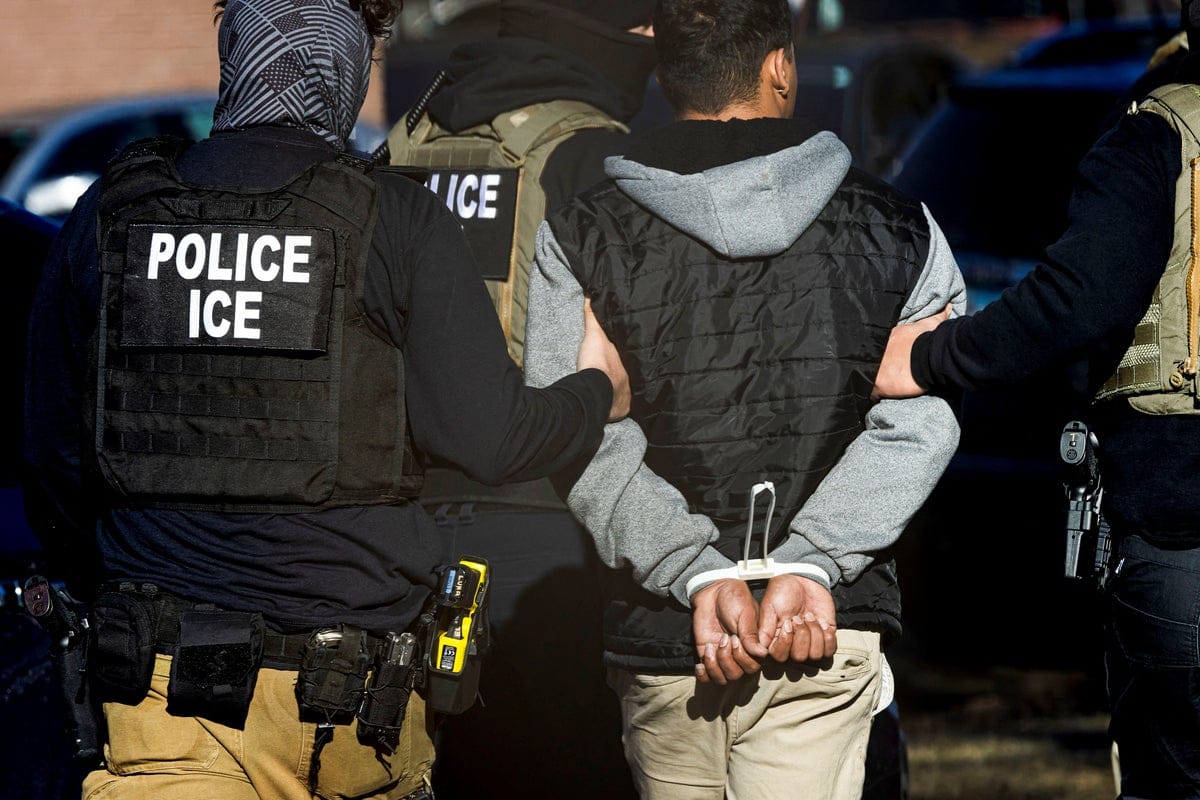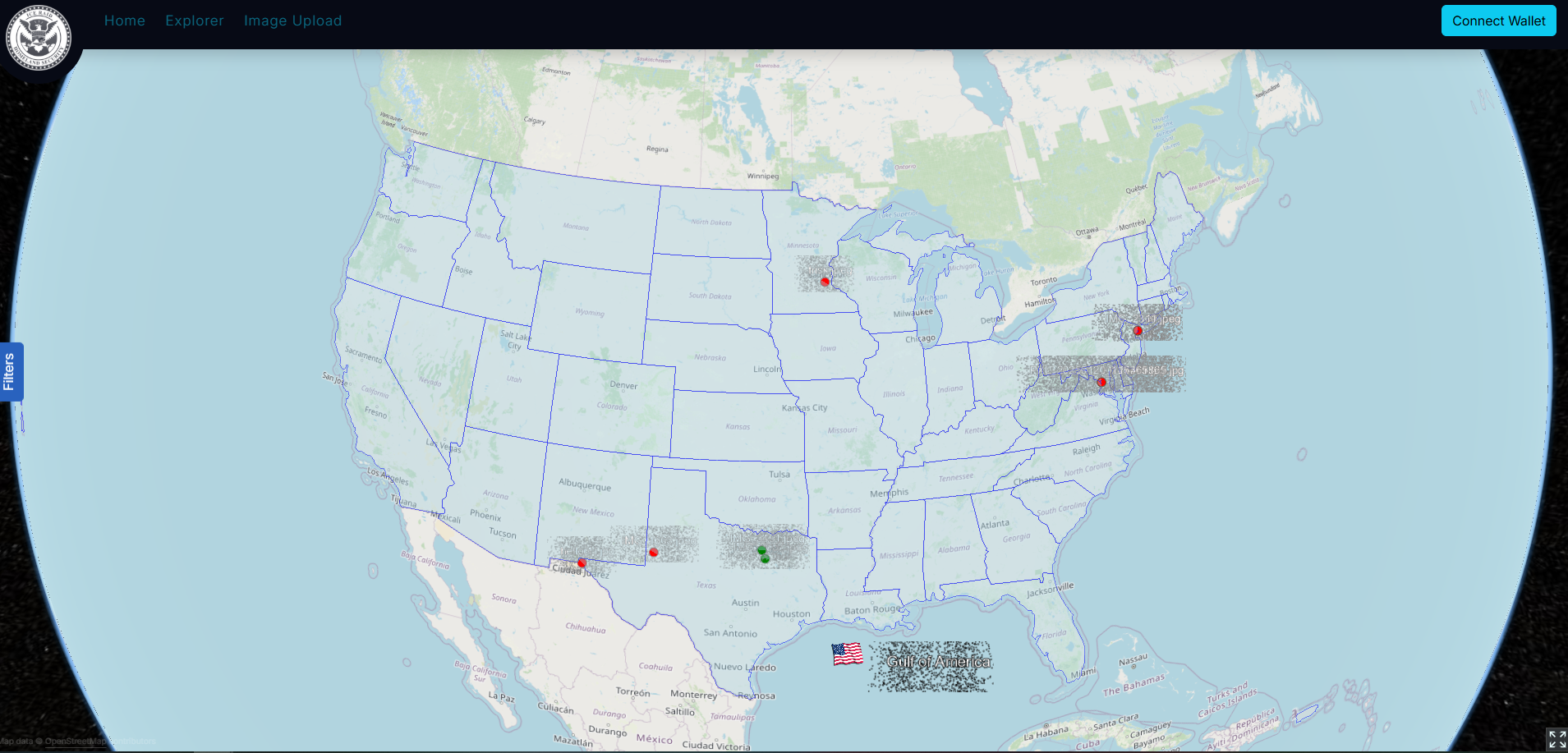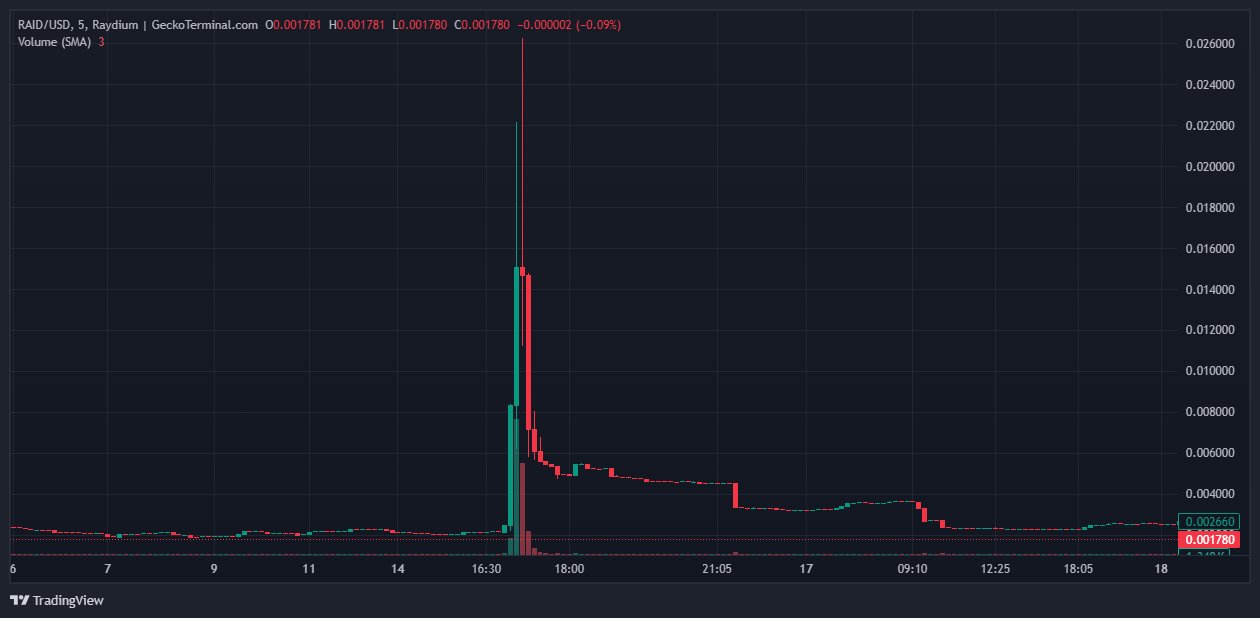ICERAID Crypto Project Faces Backlash Amid Immigration Raids and $RAID Token Controversy

A controversial cryptocurrency project called ICERAID, led by former Proud Boys leader Enrique Tarrio, has reignited debate as it promises to pay users in $RAID tokens for reporting undocumented immigrants to U.S. Immigration and Customs Enforcement (ICE). Launched earlier in 2025 on the Solana blockchain, the project has drawn sharp criticism for its ties to far-right figures and questionable financial practices, including a suspected rug pull that has left investors upset. As nationwide protests against recent ICE raids intensify, ICERAID’s push to gamify immigration enforcement has raised ethical and legal concerns, with many questioning its legitimacy and impact.
The project gained renewed attention following Tarrio’s June 11 post on X, where he declared himself “ICERAID Czar” and promoted the app’s mission to “make America safe again.” Tarrio, a Miami native and Afro-Cuban who was pardoned by President Donald Trump for his role in the January 6 Capitol attack, emphasized that users could earn $RAID tokens by uploading images of suspected undocumented immigrants or activities obstructing deportations. He also promised weekly contests to boost user bounties, framing the initiative as a patriotic effort to support law enforcement, however, to date, no such activity has taken place.
The project’s website ICERAID.us shows limited traction, with its interactive map displaying only seven pins, with five marked “rejected” and two “verified”, suggesting minimal user engagement since its March debut, when it had just four pins.

Ethical Concerns and Financial Red Flags
ICERAID’s premise of rewarding citizen surveillance has sparked widespread condemnation, with critics comparing it to authoritarian surveillance programs. The app encourages users to submit geotagged photos or videos, which are purportedly validated by artificial intelligence before being forwarded to law enforcement. However, the reliability of this AI-driven verification process remains unclear, as the technology is prone to errors and biases, potentially leading to mistakes and false accusations.
Civil rights groups have warned that the platform risks promoting vigilantism, racial profiling, and community distrust, particularly in the context of recent ICE raids that have targeted predominantly Latino neighborhoods in cities like Los Angeles, Omaha, and Santa Fe Springs. These raids, which began last week and involved FBI and DEA support, have detained thousands and fueled massive protests, including violent clashes in Los Angeles that prompted a citywide curfew and National Guard deployment.
Financially, ICERAID has faced scrutiny for its handling of the $RAID token, a memecoin launched on Solana’s blockchain. Memecoins, traditionally created for humor or community engagement, have become popular on Solana due to platforms like Pump.fun, which simplify token creation for various use cases. ICERAID’s February presale was touted as a success, with over 65 million tokens sold, but early investors were dismayed to learn they would receive only 24% of their deposits, leading to accusations of misleading practices.
More alarmingly, on April 16, 2025, the $RAID token experienced a dramatic price spike to $0.025507, followed by a crash to $0.005695 within hours, a pattern consistent with a rug pull where insiders inflate prices before selling off, leaving retail investors with significant losses. The token’s current price of $0.00178 reflects its ongoing struggles, further eroding trust in the project’s legitimacy.

The controversy surrounding ICERAID is compounded by its association with Tarrio, a polarizing figure with a history of far-right activism. As former chairman of the Proud Boys, a group labeled neo-fascist by some organizations, Tarrio’s involvement has drawn parallels to extremist ideologies, despite his public denials of supporting white supremacy or racism. His pardon by Trump and subsequent role in ICERAID have fueled speculation about political motivations behind the project, especially as it aligns with the administration’s aggressive deportation agenda. Critics argue that ICERAID exploits heightened immigration tensions for profit, using patriotic rhetoric to mask a potentially exploitative scheme.
As protests against ICE raids continue to spread, with tens of thousands rallying in cities like New York, Chicago, and Seattle, and the “No Kings” demonstrations on June 14 drawing crowds to Washington, D.C., ICERAID remains a lightning rod for debate. While its developers claim it empowers communities and supports law enforcement, the project’s lack of transparency, questionable financial practices, and ethical implications have cast a huge dark shadow. For now, ICERAID’s limited adoption and tarnished reputation suggest it may struggle to gain mainstream acceptance and raises many red flags with users and investors better off staying away from this project and token.

